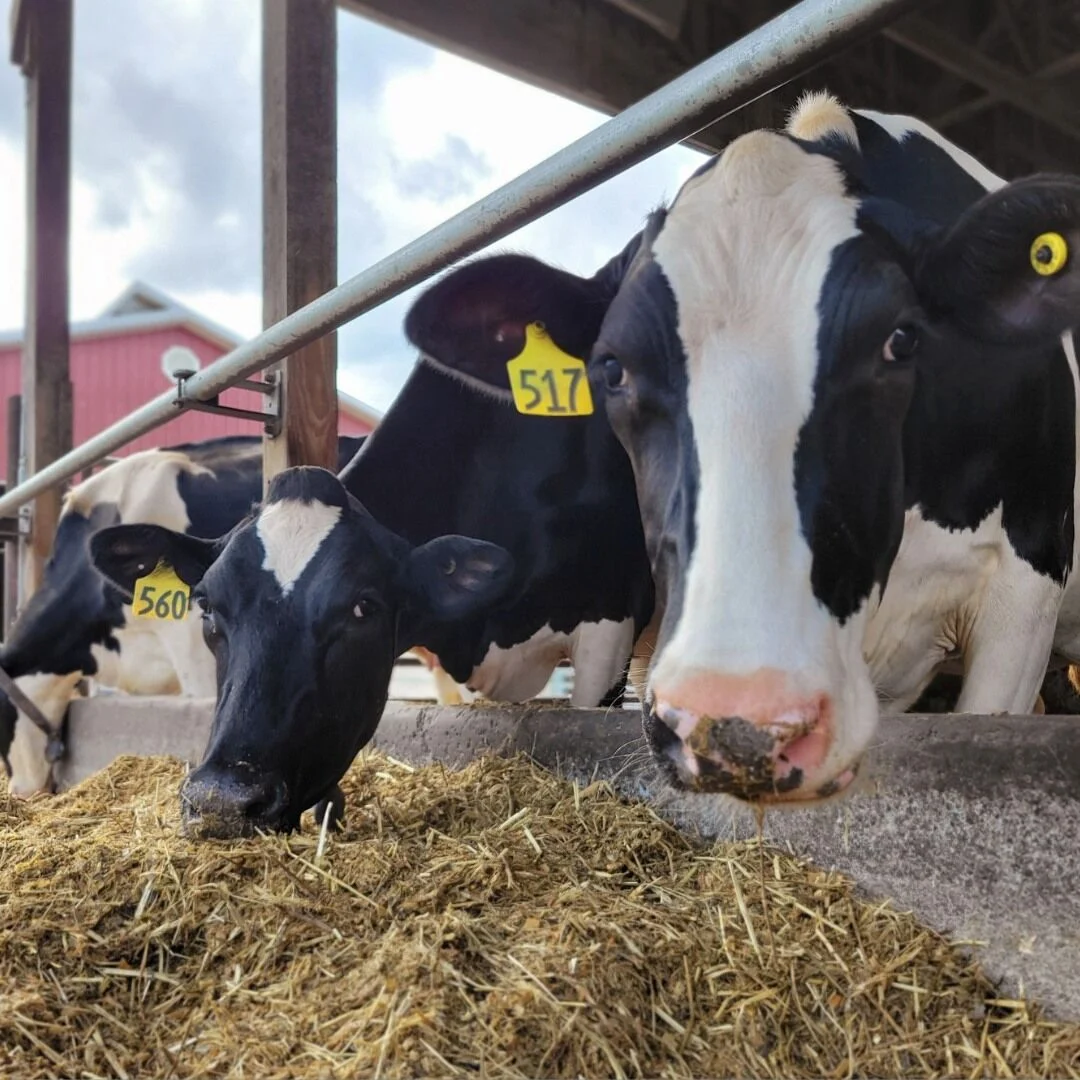
A new proposal to convert trade routes from livestock rustling lanes
Herders vying for pasture and water have been causing armed skirmishes, cattle raids, and gun smuggling along the porous border between Kenya and Uganda for many years. During dry spells, it gets worse.
One raider who recalls this is Mr. Joseph Moit. He recalls how one attack made the opposite side arm themselves because they thought the distant authorities would take a long time to react.
The ongoing conflict between the Turkana and Pokot ethnic tribes, as well as the Dodoth, Jie, and Karamajong communities from neighboring Uganda, has forced me to live with a gun for more than 15 years.
At that time, I was losing livestock and replenishing it with my friends’ help by lethal raids. Five of them were shot dead between 2005 and 2013, claims Mr. Moit, who has since turned to Christ and is working to help his community adopt new behaviors.
He claims that the frequent attacks have been facilitated by both the ease of smuggling small guns across borders and the fear of exposure.
Authorities have been working to put an end to the threat from both sides. For instance, Kenyan and Ugandan police officers have been working together to conduct continuous, coordinated security operations for the past ten years in order to seize illegal firearms after killing innocent drivers, traders, children, and women. This was the moment when he changed.
In April of the previous year, 32 Turkana pastoralists were taken into custody by Ugandan officials during a Cordon-and-Search operation. 19 bows and arrows, three sets of Uganda People’s Defense Force (UPDF) uniforms, 32 magazines, 27 AK-47 rifles, and a self-loading rifle were also taken.
According to Mr. Moit, trafficking in illegal weaponry became clear to him after seeing how seriously Ugandan officials handled a previous operation.
Family members in Kenya put intense pressure on the Kenyan government to assist in the 32 people’s release after they were detained and imprisoned. Later, for illegally possessing weapons and ammunition, they would each serve 20 years in prison in Uganda. Due to vigorous lobbying by Kenyan officials, they were released earlier this year following over a year in prison.
Mr. Moit and his group have now decided to focus on trading as a substitute for their negative experience.
“I observed how highway bandits attacked traders from Lokiriama as they crossed over to Moroto to get goods,” the man said.
He recalls a boda boda operator who was shot and killed in March of this year, along with the theft of his motorcycle and all the merchandise.
According to him, food scarcity is frequently the result of insecurity since those who cultivate superior product across the border are unable to offer it, and ongoing hostility has made it impossible for his own villagers to look for food over the border without fear of being suspected of doing something evil.
Some of the hitherto believed to be battleground settlements have yielded several reformed warriors throughout the past four months. Reformists claim they are relying on business to survive. In Kenya, they are the communities of Oropoi, Nawountos, Lokiriama, and Urum; in Uganda, they are Kobebe, Losogol, Lopei, Naput, Chokchok, Nakabaat, Losilan, and Nadunget.
Mr. Erot Eusugu, one of the 32 Turkana ranchers freed by Uganda’s Military Court, states, “I am advocating for a border free from illegal firearms by talking to the bandits from my community on the importance of peaceful coexistence.”
According to Urum Location Chief Stephen Lorot, peace-building initiatives supported by the community are more useful and productive.
Information on relatives engaging in banditry would not be shared by the locals, endangering efforts to promote peace. According to Mr. Lorot, “talking to them about reform and focusing on sustainable pastoralism will open up the village to development.”
In order to promote trade between Kenya and Uganda, the Turkana County Government has finished normal repair on the 69-kilometer Lokiriama-Lokipoto Road in response to growing trading operations.
Authorities predict that the action will have a major positive impact on traders who rely on the route for cross-border transportation of products and services.
Both nations must uphold law and order for cattle rustling lanes to expand into corridors of peace, development, and trade, according to David Porkul, a security specialist from Uganda.
According to Dr. Porkul, the elimination of illegal firearms should be a reward for the communities’ commitment to upholding peace agreements.
Pastoralists, which include rehabilitated warriors, should set up market days in different locations to buy or sell animals rather than stealing, according to Turkana County Director of Trade James Lokwale. According to him, a large number of Ugandan businesspeople have opened stores in Turkana selling clothing and shoes.
All Categories
Recent Posts
Tags
+13162306000
zoneyetu@yahoo.com



